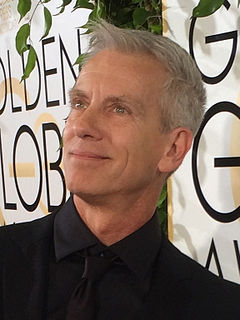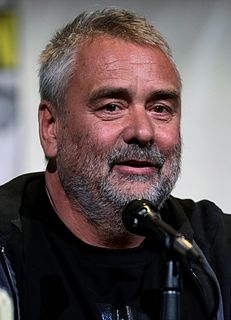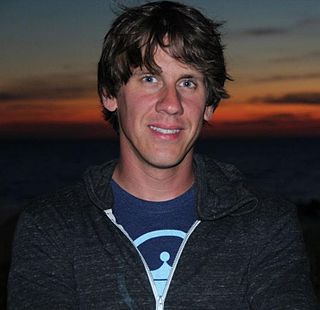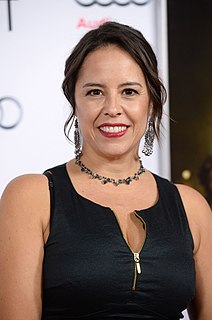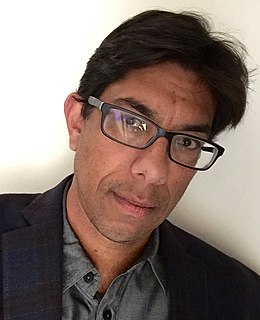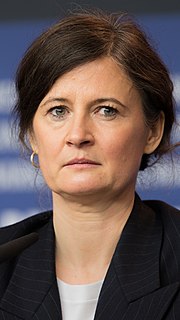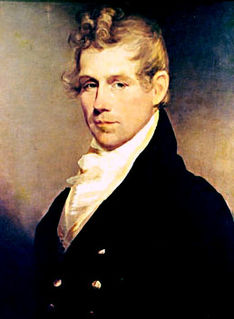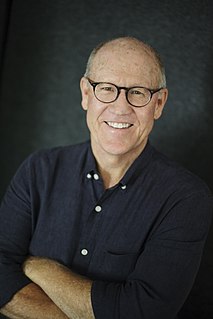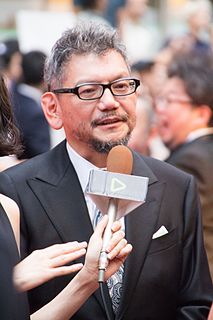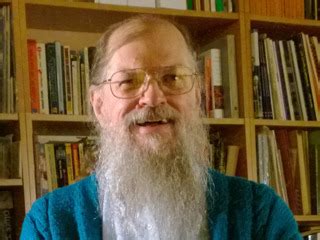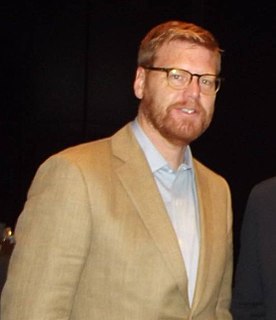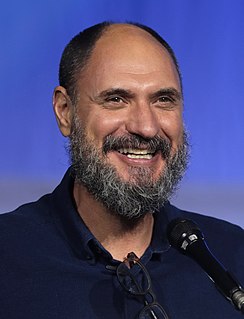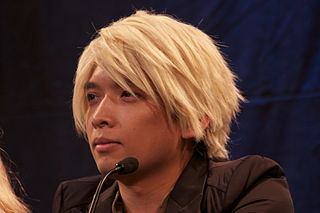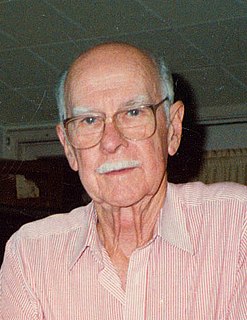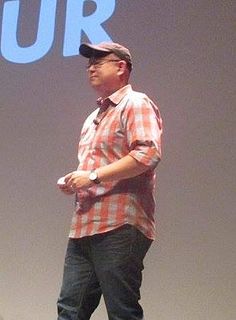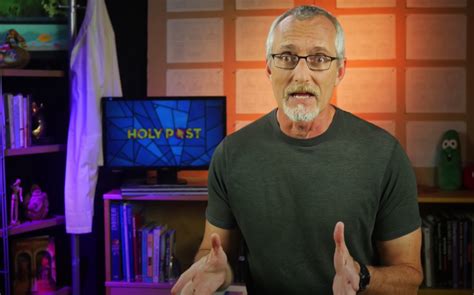A Quote by Chris Sanders
You know, the technology was at the right place for us to build this world. The most difficult thing about doing The Croods was no doubt the building of the world. Every single thing in this film is organic. Organic things are tough. Very very labour intensive. And we have no man-made structures. You could argue that everything in this film is really an exterior. Even the interiors of the cave are exteriors. So building this world was the biggest thing of all, and the technology was there to do it.
Quote Topics
About
Argue
Biggest
Biggest Thing
Build
Building
Cave
Could
Difficult
Difficult Thing
Doing
Doubt
Even
Every
Every Single Thing
Everything
Exterior
Film
Intensive
Interiors
Know
Labour
Made
Man
Man-Made
Most
Most Difficult Thing
No Doubt
Organic
Place
Really
Right
Right Place
Single
Single Thing
Structures
Technology
Thing
Things
This World
Tough
Us
Very
World
Related Quotes
Loving a film is like falling in love with a woman or with a man like you never expect it. It it's not the one you think you will be in love with, you know. You think always that he will be with a beard, and black, and big and finally he's Chinese and you know it's the same thing. There's something very organic about the film and if you forgot it, if you don't have this seed in it...this organic flavor in it the film doesn't work it's wrong.
Democracy takes work. That's the thing we're really finding out, that, you know, in many ways, you know, the past two decades we've taken for granted all of the extraordinary achievements of the post-war generation. You know, building this global alliance structure that has kept the peace across the North Atlantic since World War II. Building all of these institutions, building all this remarkable technology. And people have privatized. You know, you can now, you don't have to go outdoors much, the whole world comes to you.
I have no opposition at all to technology. I think technology is a wonderful thing that has to be used thoughtfully, and we can't just assume that every bit of new technology improvesthe quality of life; it's really in how the technology is used. What I am very disturbed about is this trend of everything happening faster and faster and faster and there being more and more general noise in the world, and less and less time for quiet reflection on who we are, and where we're going.
If you do just one thing—make one conscious choice—that can change the world, go organic. Buy organic food. Stop using chemicals and start supporting organic farmers. No other single choice you can make to improve the health of your family and the planet will have greater positive repercussions for our future.
I am a former engineer and I was really excited about the possibility of building better technology to serve humanity. A lot of us as engineers have this belief that if you build a tool you somehow can empower humans economically or socially. The idea of building a better technology often means more efficiency.
The good things at the U.S. health care system are that we have a well-trained labor force, particularly physicians; I don't think any nation trains doctors better. We have the latest technology, simply because we throw so much money at it. We are really technology-hungry in this country. That's a good thing. Our system more treats patients like customers, which is a good thing; that it's very customer-friendly. And it's very innovative, both in the products we use, in the techniques we use and the organizational structures we use. Those are all very good things, highly competitive.
As a woman, for example, I live and work very much like a man. I take a lot of things from the man's world and I have to do that if I want to survive modern life. Conversely, men have to take things from the woman's world to survive. It's a very beautiful thing that you have to mold your own gender nowadays. But it's a very stressful thing for us.
In creating a building, architects do think they're making the world a better place. And then they hope to make the world an even better place by making another thing which will be even bigger than the last thing... and it is part of the pathology of being an architect to believe thus, and they do believe it, despite all the evidence to the contrary.
This is a fundamental view of the world. It says that when you build a thing you cannot merely build that thing in isolation, but must repair the world around it, and within it, so that the larger world at that one place becomes more coherent, and more whole; and the thing which you make takes its place in the web of nature, as you make it.
